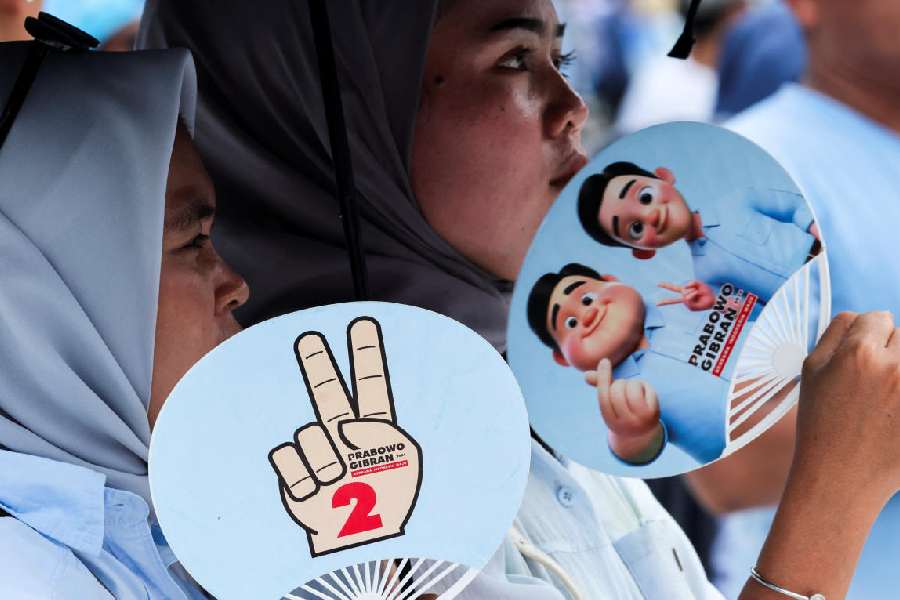Even as India gears up for its general elections, Indonesia last week chose its next president in the world’s largest single-day vote. The defence minister, Prabowo Subianto, who exit polls suggest won comfortably, declared victory soon after voting ended even though his rivals are yet to concede. The official results will only be declared next month. For Indonesia and Southeast Asia, this transition of power from the outgoing president, Joko Widodo, marks an important moment because of Jakarta’s strategic heft and the role the country’s new leader could play amid growing tensions between China and the United States of America in the Indo-Pacific. India, too, will be watching closely: Indonesia is one of its largest trading partners, a top supplier of edible oils and a growing defence partner. New Delhi’s interest can be gauged from the urgency with which Prime Minister Narendra Modi congratulated Mr Prabowo even before official results have been announced. Mr Prabowo has, in turn, committed to strengthening ties with India. At the heart of how Indonesia’s relations with its neighbours evolve, however, are Mr Prabowo’s own personality and priorities.
During his campaign, Mr Prabowo presented himself as a candidate for continuity, promising to pursue many of Mr Widodo’s policies. His pick for vice-president is Gibran Rakabuming Raka, Mr Widodo’s eldest son. However, in contrast to Mr Widodo’s calm demeanour, Mr Prabowo is known for a fiery temperament, impromptu and unscripted comments, and has had strong ties with the country’s military establishment. He has faced accusations of human rights violations from his time as a general in Indonesia’s army. With Indonesia facing growing unrest in Papua, its easternmost province, Mr Prabowo’s security-minded approach will be tested. At the same time, many analysts expect him to maintain Indonesia’s careful balance between the US and China in a region where both are pressing smaller nations to take sides. Like India, Indonesia depends heavily on China for trade. Still, Mr Prabowo, as defence minister, has had a front-row seat over the past five years to the concerns of multiple Southeast Asian nations — including Indonesia itself — and India over Beijing’s increasing belligerence in the region. Growing militarisation in the Indo-Pacific — including by US allies — is not in the interests of India or Indonesia. Asia’s two largest democracies must work together to ensure peace and stability in the region. How Mr Prabowo approaches that challenge could shape his legacy globally.










